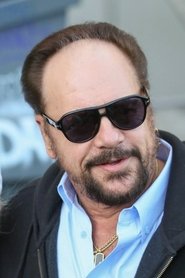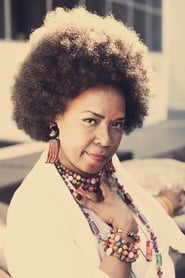
The Record Man(2015)
Before there was a music business there was Henry Stone
THE RECORD MAN is a uniquely American story of how a group of musical underdogs with raw talent and diverse backgrounds, led by the indefatigable determination of one man, Henry Stone, exported the music of Miami to the world. Before there was a “music business” there was Henry Stone, “The Record Man”. From distributing records out of his '48 Packard to establishing TK Records as the largest independent label of the 1970s, Henry had an ear for hits. His funky eight-track studio and chart topping family of artists including KC and the Sunshine Band, led to the original Miami Sound and birth of Disco. When his empire collapsed on a baseball field in Chicago in 1979, Henry didn’t miss a beat launching Miami Freestyle. Turning personal tragedy into an opportunity to empower others, through Henry Stone we witness the dramatic arc of the record business from inception through the digital age. With photographs unearthed after 40 years, THE RECORD MAN captures a forgotten musical history.
Movie: The Record Man
Top 9 Billed Cast
Young Henry Stone
Self
Self
Self
Self
Self
Video Trailer The Record Man
Similar Movies
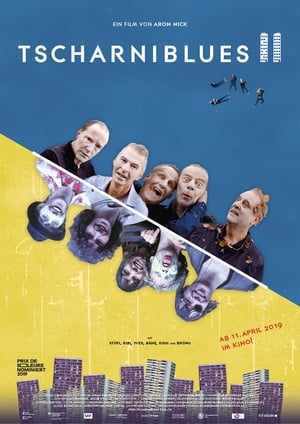 8.0
8.0Tscharniblues II(de)
Bern, 1979: a tower block called Tscharnergut. Together with a few friends (among them famous Swiss actor Stefan Kurt), director Aron Nick's father and uncle shoot the idealistic Super 8 film "Dr Tscharniblues" ("The Tscharni Blues") – a wild, unvarnished self-portrait of their generation. 40 years later, Nick gathers the friends at Tscharnergut and asks what has happened to them and their ideals in the meantime. What have the achieved? What have they lost? Past, present, and future clash and form a journey of personal disappointments, hopes, and a collective search for identity. In "Tscharniblues II," Aron Nick discovers a kind of friendship that can weather anything.
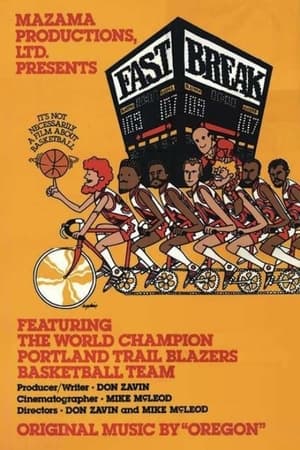 10.0
10.0Fast Break(en)
Evoking a cinema verite feel not found in most sports documentaries, Fast Break examines the 1977 Portland Trailblazers basketball team in a surprisingly personal and compelling fashion. Inter-cutting excerpts from the 1977 playoff / championship season, the film steps outside of the basketball court, and into the everyday lives of the Trailblazers, as well as their coach Jack Ramsey. Whether it’s biking the Oregon coast with star center Bill Walton, hosting a kids basketball camp with Dave Twardzik, or joking with Maurice Lucas at the pool – Fast Break lets the players speak for themselves: about basketball, life and playing in Portland. Fast Break, a film documentary about Bill Walton and the Portland Trail Blazers winning the 1976-77 NBA title and the aftermath of their accomplishment, is the greatest movie I have ever seen on the subject of professional team sports, basketball as a metaphor for life, and the perfect practice of Zen Buddhism in American society.
 6.9
6.9The Lovers and the Despot(en)
Hong Kong, 1978. South Korean actress Choi Eun-hee is kidnapped by North Korean operatives following orders from dictator Kim Jong-il.
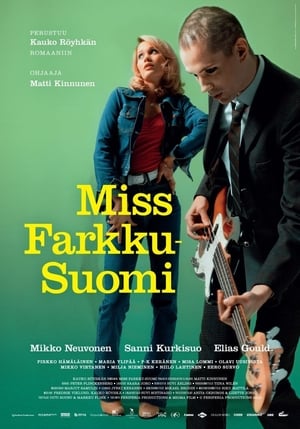 6.0
6.0Miss Blue Jeans(fi)
Year 1977. Punk and new wave rock'n roll has arrived to remote Finland and a bleak small town Oulu where increasingly odd-looking youths began to appear in the street with a message. Their rebellion speaks to Välde (17). Välde dreams of joining a rock band and becoming famous. He wants to get drunk for the first time, and to win the love of Pike, the most beautiful girl in the class. When Pike wins the Miss Blue Jeans contest organised by the country´s leading (and only) pop music magazine Suosikki and takes as her boyfriend the bourgeois Henri Hakala, Välde puts all his eggs in one basket. He abandons his former self and begins purposefully constructing a new persona for himself. But everything doesn’t go as Välde wanted … The film is based on a novel by Kauko Röyhkä, an author and indie rock musician.
Witness to Jonestown(en)
Rare footage shot inside the People's Temple gives an insider's look at the tragic Jonestown Massacre that occurred in Guyana in 1978. Interviews with survivors attempt to shed light on how and why 900 Unitedstatians would follow one man to their deaths.
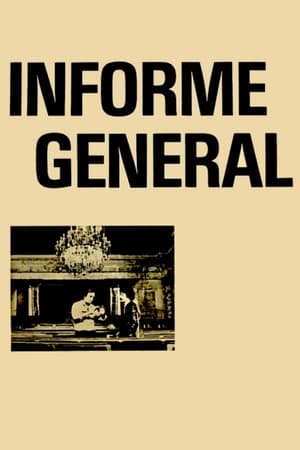 6.2
6.2General Report(es)
How does a country go from a dictatorship to a democracy? A detailed report on the political representation in the heart of the Spanish Transition, only a few months after General Franco’s death, when the sincere democratic vocation of Spanish people must effort to destroy, one heavy brick after another, the wall that those who supported the dictatorship and those who fought it from the exile built with resentment, hatred and prejudices.
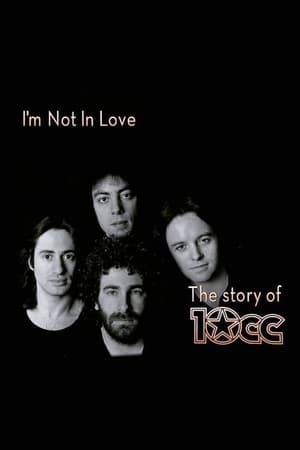 8.5
8.5I'm Not in Love - The Story of 10cc(en)
In celebration of the 40th anniversary of smash hit I'm Not in Love, the original members of 10cc - Graham Gouldman, Eric Stewart, Kevin Godley and Lol Creme - reunite to tell their story. The documentary shares the secrets to some of their most successful records, from the writing and the recording to the tours and the tensions.With contributions from an impressive array of music industry legends including 10cc's band manager Harvey Lisberg, lyricist Sir Tim Rice, broadcaster Paul Gambaccini, legendary producer Trevor Horn, Stewart Copeland (the Police), Graham Nash (the Hollies) and Dan Gillespie Sells (the Feeling), not only does this film highlight the diversity of these four brilliant musicians' songwriting talent, but it also delves into the influence they had, as well as the politics beneath their acrimonious split in 1976, at the height of their fame.
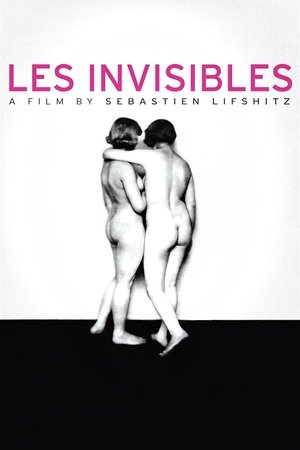 7.0
7.0Les Invisibles(fr)
Several elderly homosexual men and women speak frankly about their pioneering lives, their fearless decision to live openly in France at a time when society rejected them.
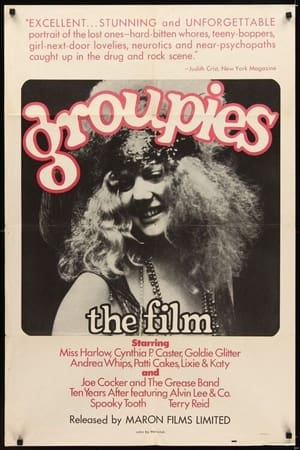 4.2
4.2Groupies(en)
This documentary on rock 'n' roll groupies, including the infamous Plaster Casters, features performances (musical) by such bands as Ten Years After, Terry Reid, Spooky Tooth, and Cat Mother.
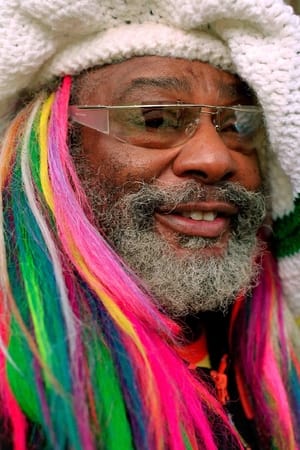 0.0
0.0Parliament Funkadelic: One Nation Under a Groove(en)
One Nation Under A Groove - P-Funk Documentary 2005 Known to its legions of fans simply as P-Funk, Parliament Funkadelic has had a profound impact on the development of contemporary music, aesthetics and culture. PARLIAMENT FUNKADELIC: One Nation Under a Groove chronicles the unique alchemy of the musical influences that fed into the band`s singular approach to music, documenting P-Funk`s continuing influence on today`s artists and musicians and featuring an in-depth look at the musical and entrepreneurial mastermind of its leader George Clinton.
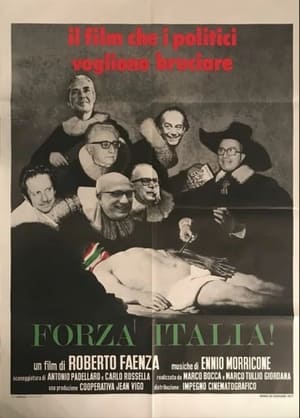 7.0
7.0Forza Italia!(it)
Much-censored documentary encompassing thirty years of Italian politics under the governance of the Christian Democracy (DC), entirely composed of — occasionally dubbed — archival footage.
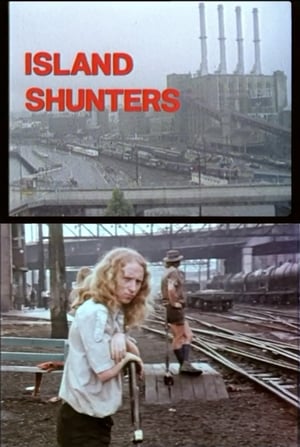 0.0
0.0Island Shunters(en)
Short documentary on the shunters in the Darling Island, Sydney, Australia railyard. Filmed in 1977.
 8.0
8.0The Concorde: Myth and Tragedy(de)
Concorde was the epitome of elegance, speed and glamour, linking London and New York in little over three hours. But on the 25th of July 2000 tragedy struck which meant the end of supersonic flight.
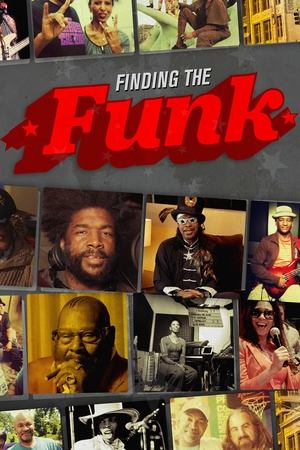 7.2
7.2Finding the Funk(en)
Finding the Funk is a road trip in search of the past, present and future of Funk music. Starting with Funk's roots in Jazz and the James Brown bands of the '60s we travel to the Bay Area to celebrate Sly & the Family Stone, then to Dayton the birthplace of so many of Funk's originators, then onto Detroit where from the ashes of Motown, P-Funk's Mothership arose, and then to LA where a new crop of musicians are creating their own Funk history. On our journey into Funk, we talk to legends Sly Stone, Bootsy Collins, George Clinton, Nona Hendryx, Maceo Parker, Bernie Worrell, and Steve Arrington and their descendants Mike D, D'Angelo, Sheila E, Shock G and Sade's Stuart Matthewman. Narrated by Ahmir 'Questlove' Thompson of the Roots.
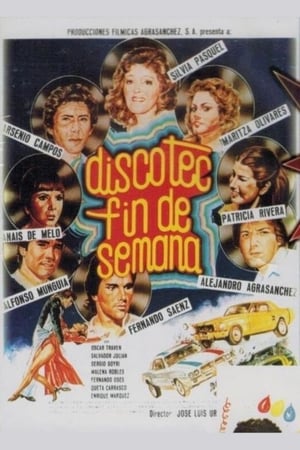 5.0
5.0Discotec fin de semana(es)
A group of young adults find love in a discotheque.
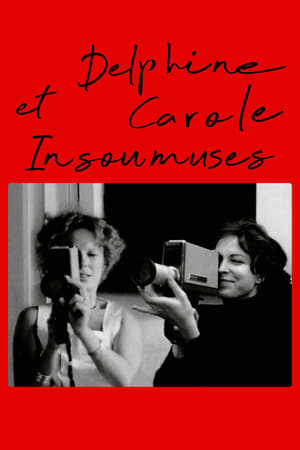 6.9
6.9Delphine and Carole(fr)
In the 70s, actress Delphine Seyrig and director Carole Roussopoulos, both militant feminists, were the pioneers of video activism in France. They documented the demonstrations of French feminists and used the new technologies to counter the poor representation of women in the public media.
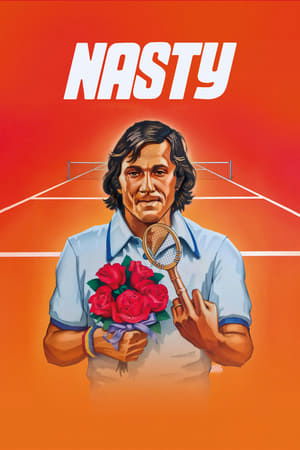 7.6
7.6Nasty(en)
1972 was a turning point in Ilie Nastase's career: he won his first US Open, while also reaching both Wimbledon and Davis Cup finals. Moving back and forth in time and featuring amazing archive footage and exclusive interviews with top athletes, the documentary explores Nastase's highs and lows, the controversies that surrounded him and the enduring impact he has had on the world of tennis. Lovable, charming and generous, yet temperamental, arrogant and obscene, Mr. Nice'n'Nasty disrupted the old-fashioned etiquette of the sport in the 70s thus becoming its first rebel rock star.
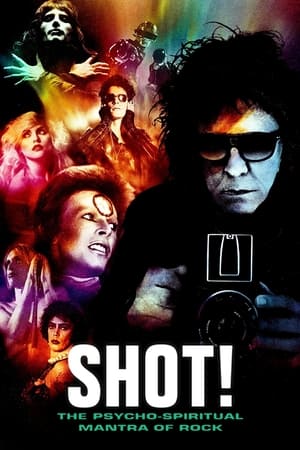 6.9
6.9Shot! The Psycho-Spiritual Mantra of Rock(en)
A reckless joyride into the darkest corners of popular music that delves deep into the mind of Mick Rock, the genius photographer who immortalized the seventies and the rise to rock stardom of many legendary musicians.
 6.5
6.5Portugal: Carnations Against Dictatorship(de)
In Portugal, during the night of April 24-25, 1974, a peaceful uprising put an end to the last government of the Estado Novo, the authoritarian regime established in 1933 by dictator António de Oliveira Salazar (1889-1970), paving the way for full democracy: a chronicle of the Carnation Revolution.
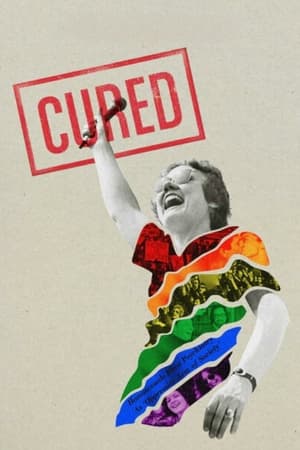 4.2
4.2Cured(en)
Mentally ill. Deviant. Diseased. And in need of a cure. These were among the terms psychiatrists used to describe gay women and men in the 1950s, 1960s, and early 1970s. And as long as they were “sick”, progress toward equality was impossible. This documentary chronicles the battle waged by a small group of activists who declared war against a formidable institution – and won a crucial victory in the modern movement for LGBTQIA+ equality.

